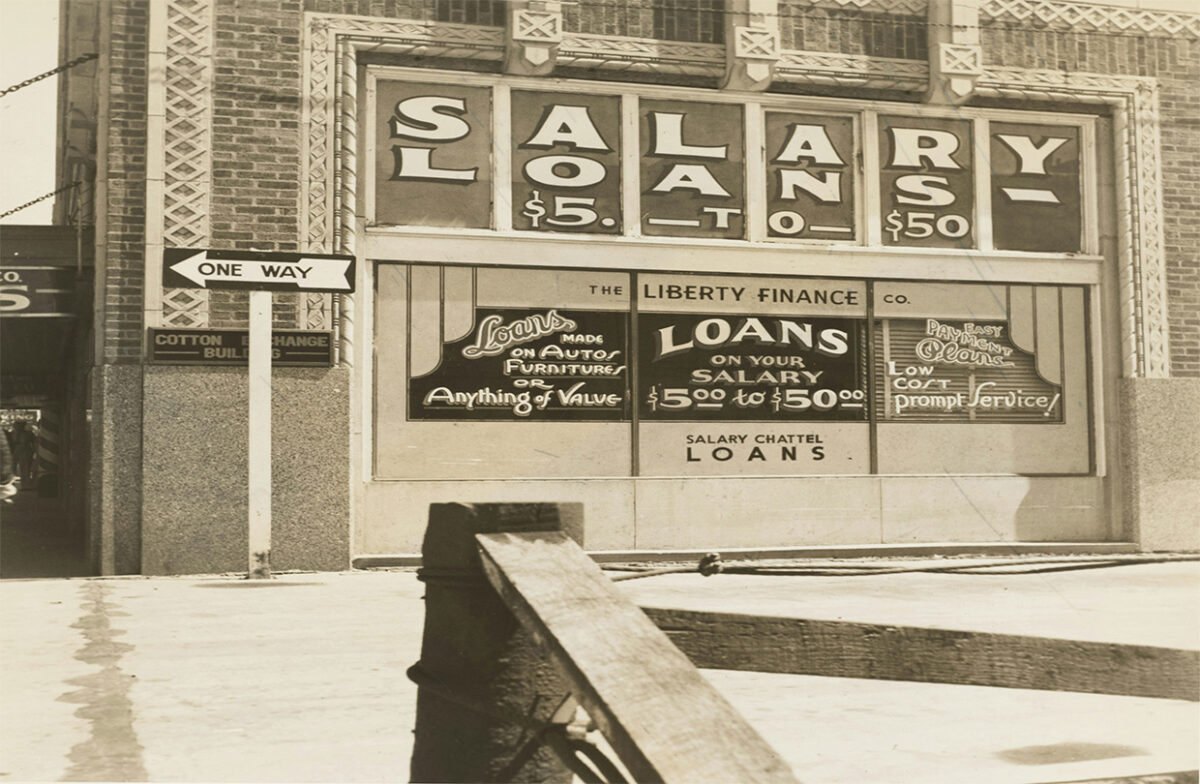Bad credit can feel like a major obstacle when pursuing a loan, but it doesn’t have to be insurmountable. While traditional lenders often hesitate to work with low-credit borrowers, numerous options and strategies exist for individuals seeking financing despite credit challenges.
When approaching lenders, there are ways to improve your financial profile and explore alternative solutions to pave the way to securing a loan even with less-than-perfect credit.
Understanding What Constitutes Bad Credit
Before delving into loan options, it’s crucial to understand what qualifies as bad credit. Credit scores generally range from 300 to 850, with anything below 580 categorized as “poor” by FICO standards. Poor credit typically results from missed payments, high credit utilization, or limited credit history.
According to Experian’s own data, around 12.6% of Americans fell into the poor credit range in April 2024.
The impact of bad credit extends beyond loan approvals. It often leads to higher interest rates and unfavorable terms. Lenders view low scores as an indicator of financial risk, which affects their willingness to extend credit. Knowing where you stand empowers you to take appropriate steps toward improving your score or identifying lenders willing to work with your situation.
Exploring Loan Options for Bad Credit
Securing a loan with bad credit requires finding lenders who cater to high-risk borrowers. Subprime loans, personal installment loans, and secured loans are common options. Subprime loans, while accessible, typically come with higher interest rates to offset the lender’s risk.
Meanwhile, secured loans use assets like vehicles or savings accounts as collateral, which can result in better terms.
According to Business Insider, borrowers with a poor credit score paid an average APR of 118% on personal loans in November 2024, compared to a minimum of 7% for borrowers with excellent credit. However, alternative financial institutions such as credit unions or community banks may offer more competitive rates for individuals with poor credit.
Another option to explore is payday alternative loans (PALs) offered by federal credit unions. These short-term loans come with capped interest rates, making them a safer alternative to traditional payday loans.
Improving Loan Approval Chances
Even with bad credit, there are strategies to enhance your loan approval odds. One of the most effective steps is increasing your creditworthiness through small, consistent actions. Start by paying down existing debts to lower your debt-to-income ratio (DTI), a critical metric lenders evaluate. A DTI below 36% is generally considered favorable.
Another approach involves using a co-signer with a strong credit profile. Many borrowers with bad credit manage to secure loans by finding a willing co-signer, often a relative, who agrees to share responsibility for the loan. This provides some reassurance to lenders and improves your chances of approval.
Additionally, drafting a clear plan for loan repayment and presenting it to the lender can help demonstrate your commitment to financial responsibility. Lenders are more likely to approve applications that include proactive repayment strategies, even from borrowers with low credit scores.
Considering Alternative Financing Options
Traditional loans aren’t the only solution for individuals with poor credit. Peer-to-peer lending platforms connect borrowers directly with individual investors, often leading to more flexible terms. Similarly, online lenders frequently cater to those with bad credit, utilizing alternative criteria like employment history and income to assess eligibility.
Borrowers with credit challenges might also explore secured credit cards or credit-builder loans. Secured credit cards require an upfront deposit, which acts as collateral, while credit-builder loans allow you to build credit through regular payments held in a savings account.
Credit-builder loans can help you improve your score by an average of 45 points within six months. For individuals needing small sums, borrowing from friends or family can be an option, but it’s essential to formalize the agreement in writing to prevent misunderstandings.
The Role of Personal Financial Planning
Effective personal financial planning can play a critical role in securing loans with bad credit. When you demonstrate a strong understanding of your financial position and provide clear plans for repayment, you can increase a lender’s confidence in your ability to manage debt responsibly.
Those borrowers who are able to present detailed repayment strategies are considerably more likely to secure loans, even with poor credit.
Budgeting tools and financial apps, such as Mint or NerdWallet, can help organize your income, expenses, and debt payments, providing a clearer financial picture. Additionally, lenders often respond positively to applicants who show evidence of building an emergency fund. While not a direct credit factor, it underscores your commitment to financial resilience.
Incorporating these tools into your financial plan can improve your chances of loan approval.
The Importance of Monitoring and Improving Credit
While pursuing a loan with bad credit is possible, improving your credit score should remain a long-term priority. Regularly monitoring your credit report for errors and discrepancies is an essential first step. In last year’s Consumer Reports study, 27% of study participants found credit report errors that were likely to negatively influence their score.
Even seemingly innocuous mistakes, like a mistyped address, can detrimentally affect your score.
To build credit, focus on consistent, on-time payments for all bills and debts. Keeping credit utilization below 30% of your total credit limit and avoiding new hard inquiries can further enhance your score. The team at David’s Family CPA are fans of Experian Boost, which includes utility and telecom payments in your credit history. It can help to improve scores quickly.
Understand Your Credit Profile
Getting a loan with bad credit may require more effort and creativity, but it’s far from impossible. By understanding your credit profile, exploring tailored loan options, and employing strategies to improve your financial standing, you can find a path forward.
With dedication to improving your credit over time, you’ll gain access to more favorable financing opportunities and build a stronger financial future.

